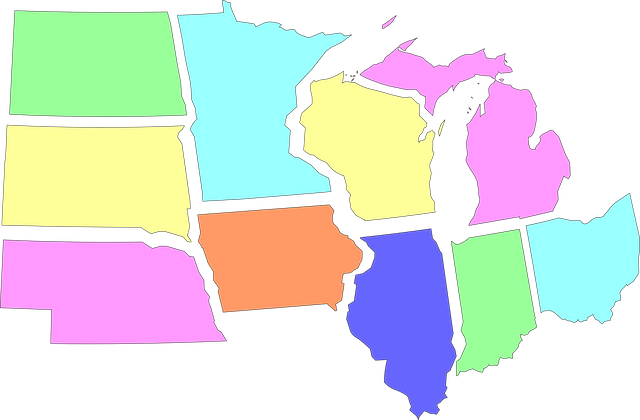Adhering to Virginia's Do Not Call Laws is crucial for both consumers and businesses. These laws protect residents from intrusive phone calls, allowing them to manage preferences through the state registry. Telemarketers must obtain explicit consent, respect "do not call" status, and comply with strict guidelines to avoid penalties. Illegal calls can be identified by persistent tactics or requests for private details from unknown sources; registered numbers are off-limits.
In today’s digital age, telemarketing calls can often blur the lines between legal and illegal practices. Understanding Virginia’s strict Do Not Call Laws is crucial for consumers seeking to protect their privacy. This article guides you through navigating these laws, equipping you with knowledge to recognize legitimate telemarketers and spot potential red flags of fraudulent or illegal calls. By familiarizing yourself with legal telemarketing practices in Virginia, you can exercise your rights and avoid unwanted intrusions.
Understanding Do Not Call Laws in Virginia

In Virginia, understanding and respecting Do Not Call Laws is paramount for both consumers and businesses engaging in telemarketing activities. These laws are designed to protect residents from unwanted phone calls and give them control over their communication preferences. The Virginia Do Not Call Registry allows individuals to opt-out of receiving sales or marketing calls, ensuring a quieter, more peaceful home environment.
To stay compliant, telemarketers must ensure they obtain proper consent before making calls and honor the “do not call” status of registered numbers. Failure to adhere to these regulations can result in penalties, emphasizing the importance of being informed and vigilant when it comes to managing inbound telemarketing calls, especially for Virginia residents who have opted out of receiving them.
Recognizing Legal Telemarketing Practices

Many legal telemarketing practices comply with strict regulations, such as the Do Not Call Laws in Virginia, which protect consumers from unwanted calls. Recognizing these legal practices is crucial for understanding how to differentiate between legitimate sales efforts and potential scams. Companies following the rules will often provide clear information about their identity, purpose of the call, and the option to opt-out of future contact. They may introduce themselves, state the company’s name, and offer genuine products or services relevant to your interests, based on previous interactions or data analysis. Legal telemarketers also respect privacy rights, ensuring that calls are made during reasonable hours and providing a way for recipients to register their number as “Do Not Call.”
Spotting Red Flags of Illegal Telemarketing Calls

Illegal telemarketing calls can be hard to spot, but knowing the red flags can help protect you from scammers. One clear indication is if you’ve placed your number on the Do Not Call list in Virginia. Registered numbers are off-limits for telemarketers, so any call from an unknown source after registration could be illegal. Another warning sign is persistent or aggressive sales tactics, such as demanding immediate purchase decisions or using high-pressure language.
Unsolicited calls with prerecorded messages or automated systems are another red flag. Scammers often use these methods to avoid direct interaction and may try to manipulate you into providing personal information. Be wary of calls claiming to be from official sources, like government agencies, offering urgent solutions or rewards in exchange for sensitive data. Remember, reputable companies won’t call you asking for private details unless you’ve initiated contact first.






